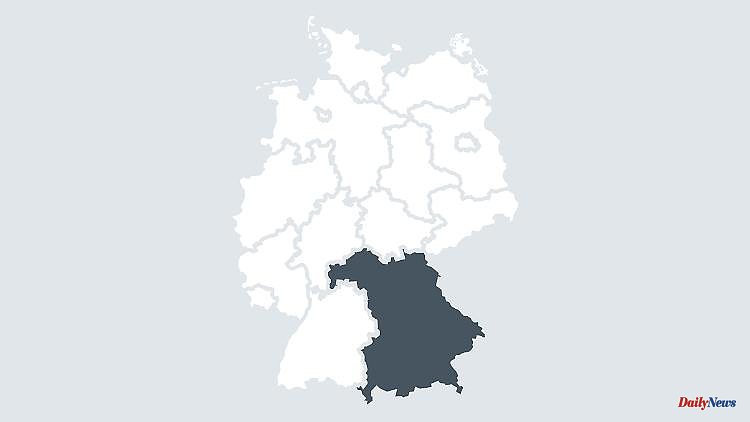Munich (dpa / lby) - The AOK Bayern and the DAK warn that health insurance companies could become insolvent if the federal government implements the announced Financial Stabilization Act. This should reduce the reserves of the statutory funds to 0.2 monthly expenses. That was not enough to cushion unexpected burdens, said the CEO of AOK Bayern, Irmgard Stippler, of the German Press Agency: "We then all drive on the reserve tank, and there are no assets that buffer risks." In order to be able to operate stably, a reserve of at least 0.8 monthly expenses is necessary.
It is conceivable that individual funds will have to file for bankruptcy if they no longer have any significant reserves, said Stippler. In such a case, the health insurers could default on payments, for example when paying hospital bills. "Then situations can arise where the security of supply is very quickly called into question." With 4.5 million insured persons, AOK Bayern is the largest single health insurer in the AOK group.
There are better ways to alleviate the financial problems of the cash registers, said Stippler. The VAT rate on pharmaceuticals should be lowered. In addition, the federal government would have to pay the full costs for the care of Hartz IV recipients from tax funds.
The CEO of the DAK, Andreas Storm, also sees the danger of financial difficulties. It is to be feared "that a large number of health insurance companies could come under existential pressure financially". In his view, Berlin does not take into account "that the effects of high inflation will also have an impact on the healthcare system." He also considers a reduction in VAT on pharmaceuticals and higher reimbursements for Hartz IV recipients to be suitable countermeasures.












